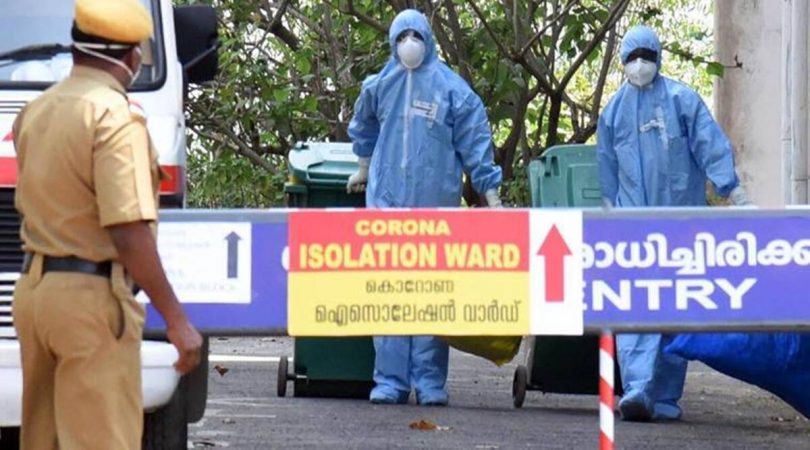Kerala health minister Veena George on Wednesday said the antibodies against the Nipah virus were found in samples collected from bats after the death of a 12-year-old boy in Kozhikode.
The minister said after the death of the boy, a team from the National Institute of Virology (NIV) had taken samples of many species of bats from the area, and samples indicated the presence of antibodies against the virus in two varieties. She said the latest results give credence to the theory that bats are the carriers of the Nipah virus.
“The NIV has conveyed to us about the presence of IgG antibody in some. We are expecting more results in coming days,” the minister said. She said different studies conducted by NIV, the Indian Council of Medical Research and the National Institute of High-Security Animal Diseases would continue. She said though the 21-day incubation period was over, the department would observe a double incubation period of 42 days to declare the area Nipah free.
After the death of the boy, his parents said he had eaten rambutan fruit before taking ill and authorities have asked people not to eat fruits picked from the ground. But samples of half-eaten fruits did not show any signs of contamination during initial tests. Later authorities have warned people not to disturb the bat habitat in panic.
Reeling under high Covid-9 cases, the state contributed more than 60 per cent of the country’s total cases for about four months. The expert said strict protocol in place due to Covid-19, like masking, physical distancing and no overcrowding, helped the state to blunt the impact of the zoonotic disease again.
Kozhikode reported Nipah infection for the second time in three years. In 2018, it claimed 17 lives in the district. Two persons also survived the infection. And in 2019, a youth tested positive for the zoonotic disease in Ernakulam, but he was also nursed back to life after a long hospitalization.
After the first outbreak in 2018, the state government promised the setting up of a high-end animal testing lab, virology institute, a scientific study on bats (characterology) and a treatment protocol for separate zoonotic diseases. Experts say most of those remained only promises. “Since zoonotic diseases recur frequently in the state, it needed an integrated approach and team of experts from all fields to study it,” said Dr N M Arun, an internal medicine expert.
Experts like Arun suggested a proactive strategy to face the increasing threat of recurring zoonotic diseases and not wait for the outbreak to act. The state needs to strengthen its surveillance system backed by enough scientific studies, they say.
Zoonotic diseases recur at regular intervals in the state, in the last three years, several cases of Kyasnur forest disease (monkey fever), avian influenza, swine flu and anthrax were reported. Thousands of ducks were culled in Alapuzha two years ago to check the spread of avian influenza.
“We need a permanent mechanism for early detection of such diseases and early warning to the people. More research is also needed in the area,” said Dr Prejit Nambiar, a teacher at the Kerala Veterinary and Animal Sciences University, who is specialised in zoonoses and food safety. He said a close interaction is necessary between medical experts, veterinary professionals, environmental scientists and wildlife professionals to tackle zoonotic diseases.







